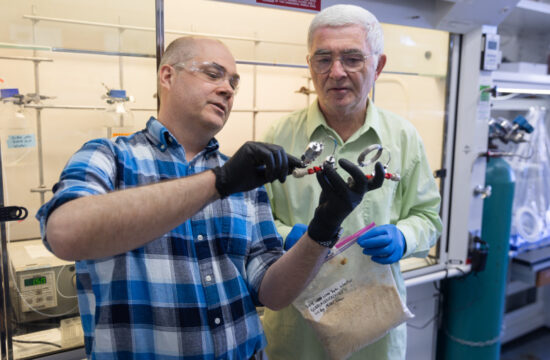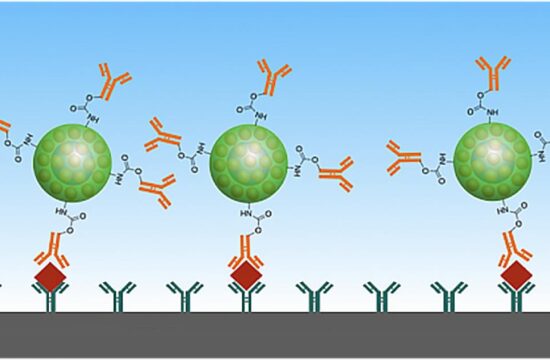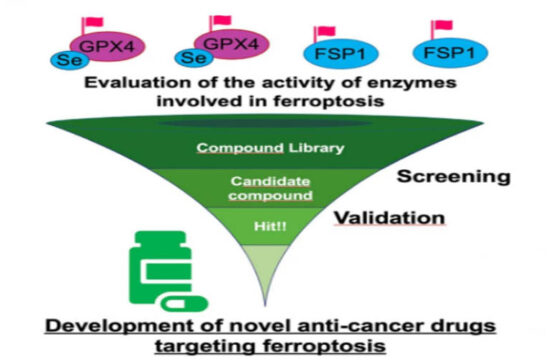Researchers have found a molecule that plays a key link between dietary restriction and longevity in mammals. This discovery may lead to the development of new therapies to inhibit age-related diseases.
Studies have shown that moderate dietary restriction can increase the lifespan of many organisms, including mammals, while inhibiting age-related diseases such as cancer and Alzheimer’s.
A team of researchers from Japan and Korea set out to understand how this happens. They discovered that a protein, called neuropeptide Y (NPY), which transmits nerve impulses in the brain and autonomic nervous system, is an essential link between dietary restriction and longevity in mice.
The researchers found that dietary restriction did not increase the lifespan of mice devoid of NPY to the same degree that it did in wild mice that had this protein. Dietary restriction also did not have the same protective effect against tumour formation and stress that it did in wild mice.
On the other hand, other adaptive processes that are activated during dietary restriction, such as changes in energy metabolism, were not affected by the absence of neuropeptide Y.
What’s more, other researchers have found that an over-expression of the NPY gene increased the lifespan of rats that were not exposed to dietary restriction.
The Japan-Korea team’s research, published in Scientific Reports, suggests that activating certain organs or tissues – such as the liver, heart, other muscles and blood vessels – with NPY could play a role in preventing age-related disorders, including cancer and Alzheimer’s.
The researchers are currently engaged in joint exploratory research with pharmaceutical and food companies to develop substances that increase the expression of NPY as a deterrent to age-related diseases. Neuropeptide Y molecule. This neurotransmitter peptide plays an important role in food intake.









